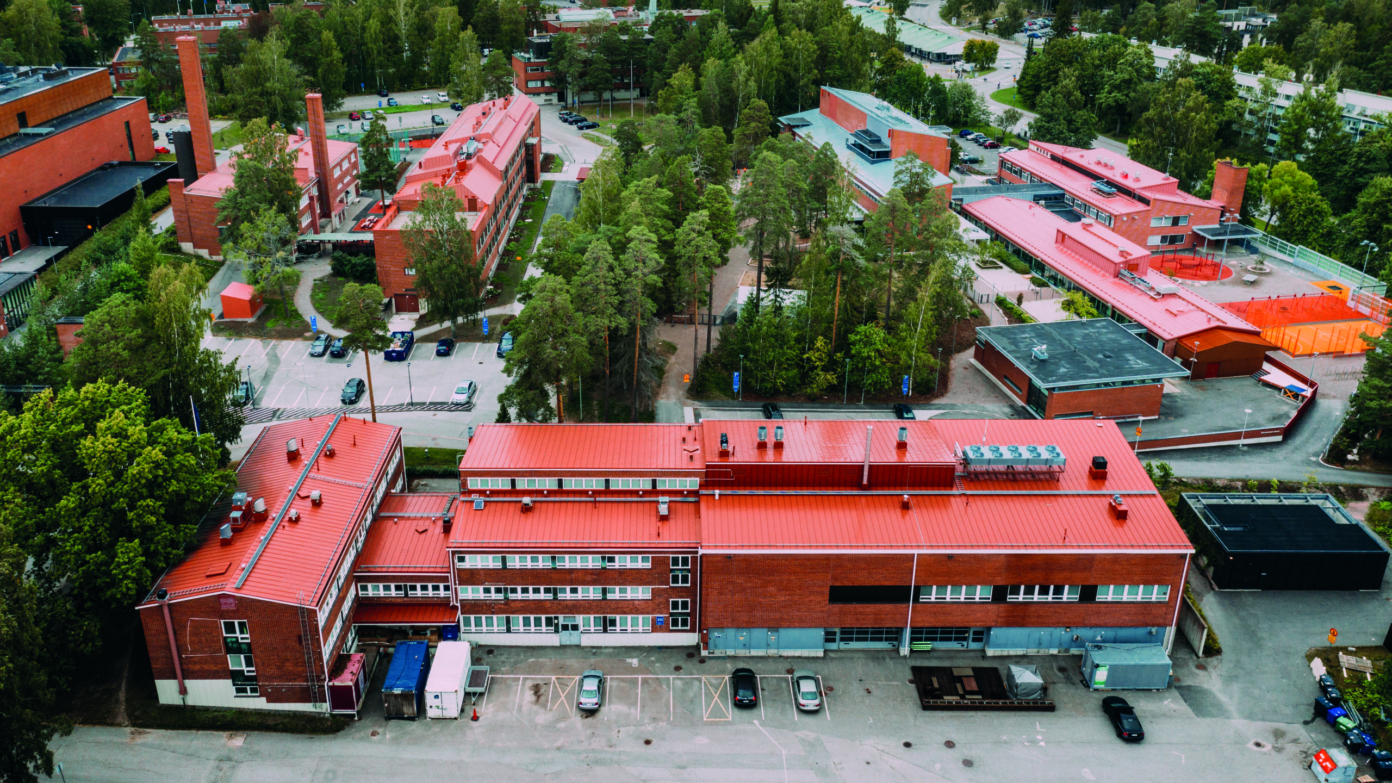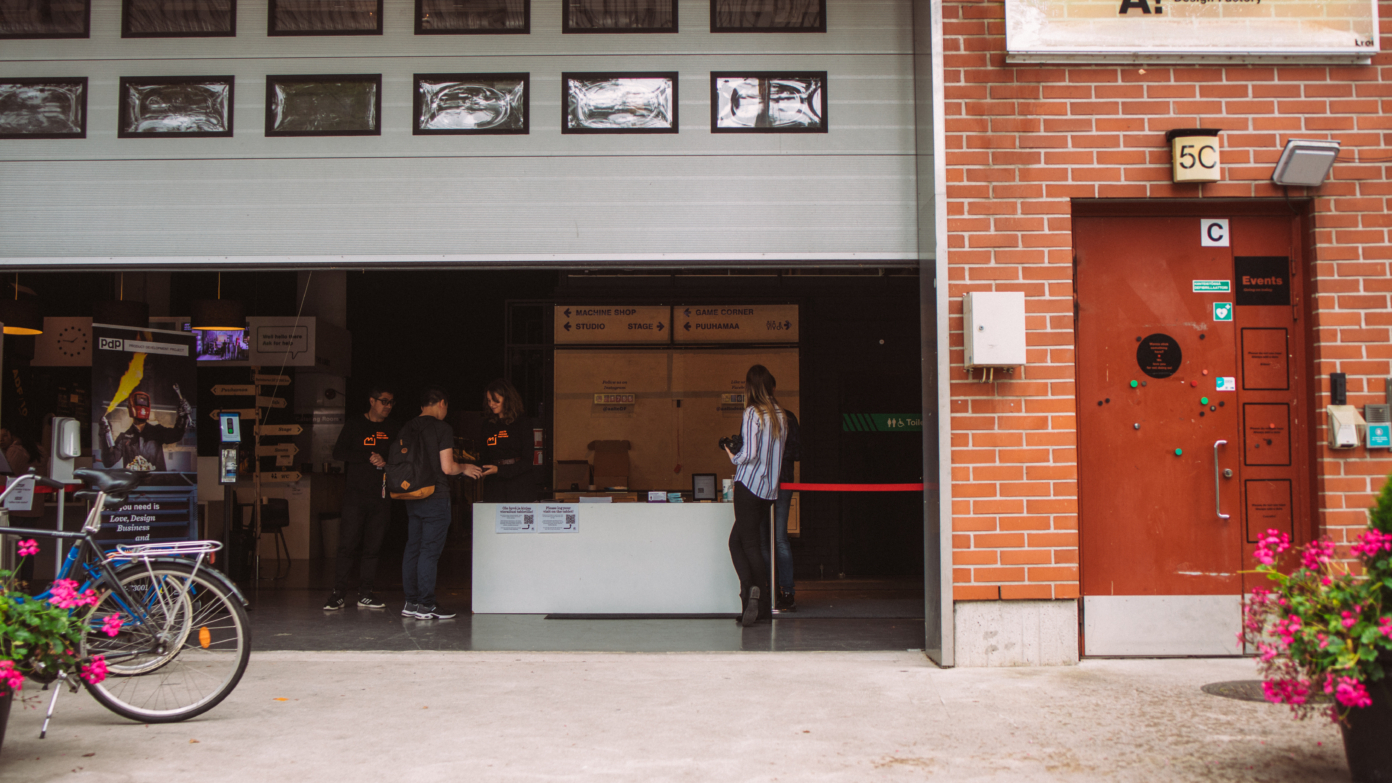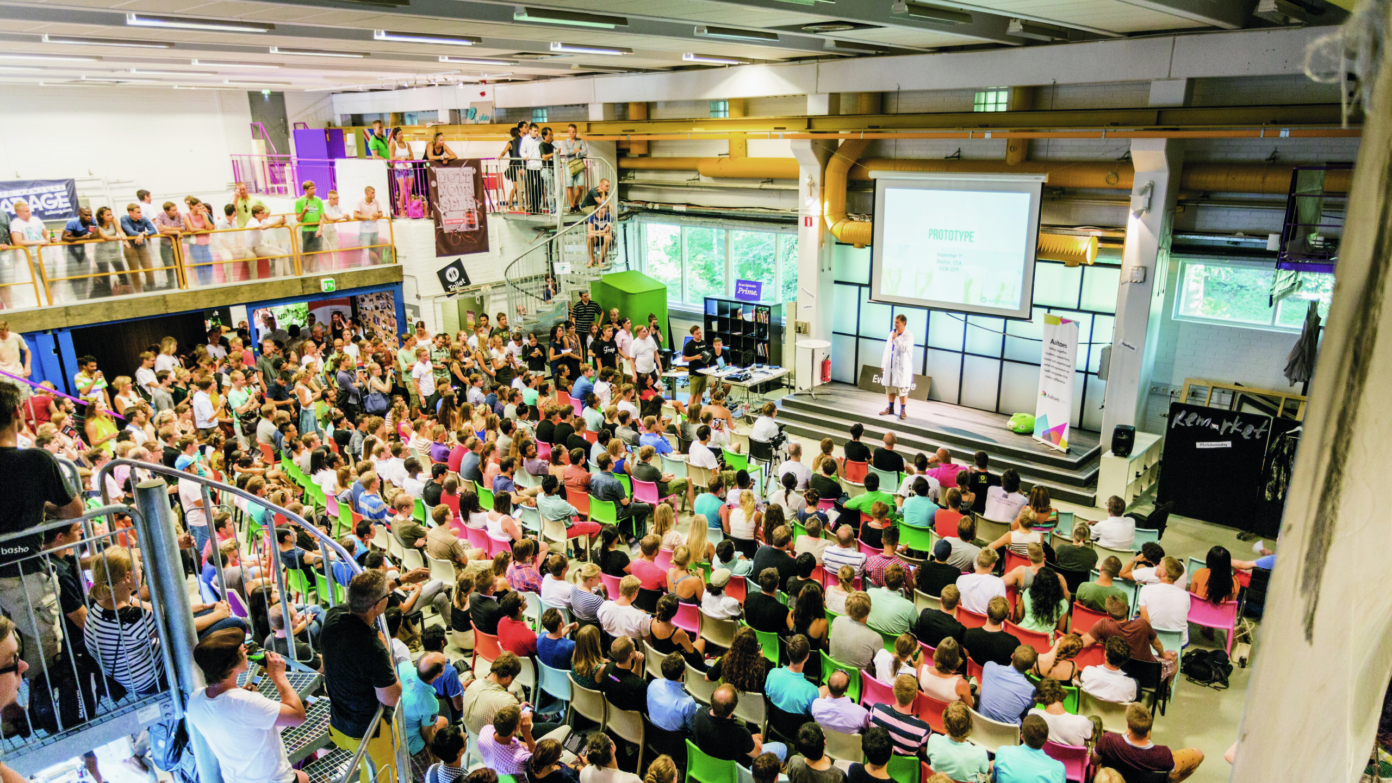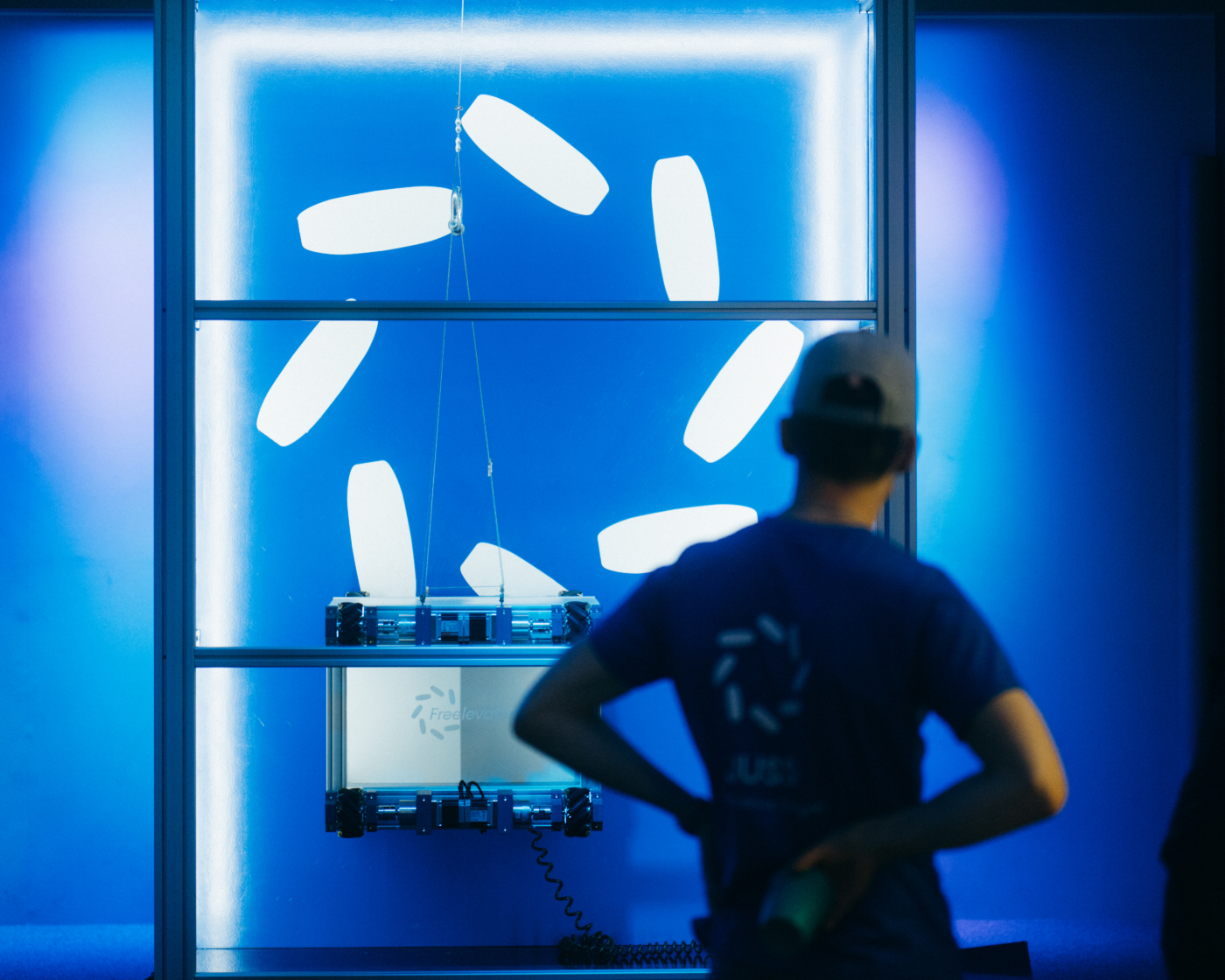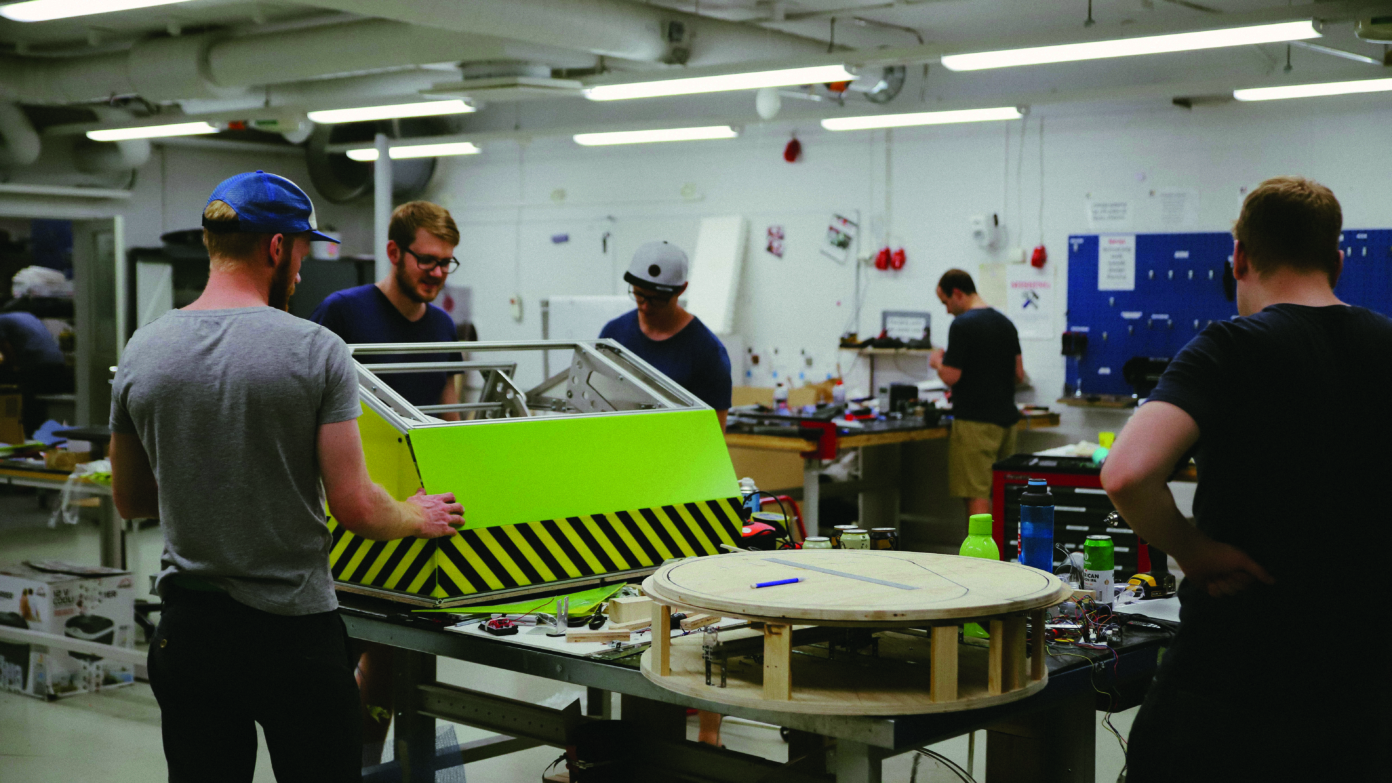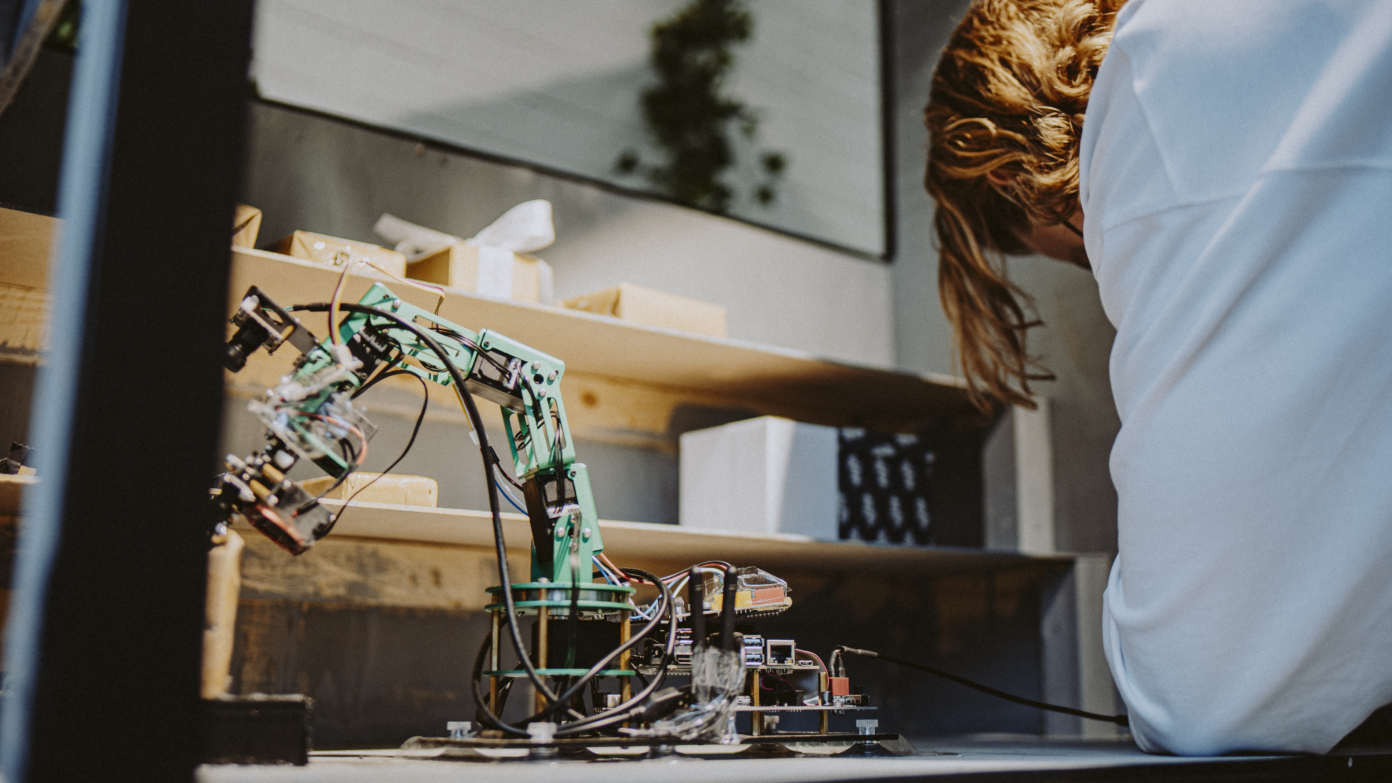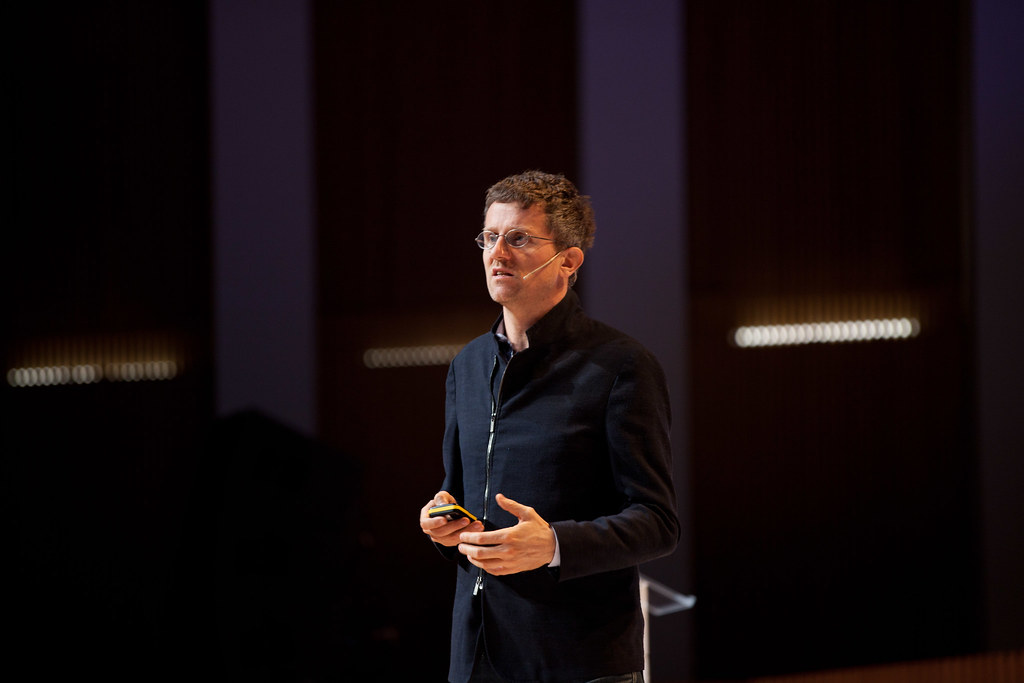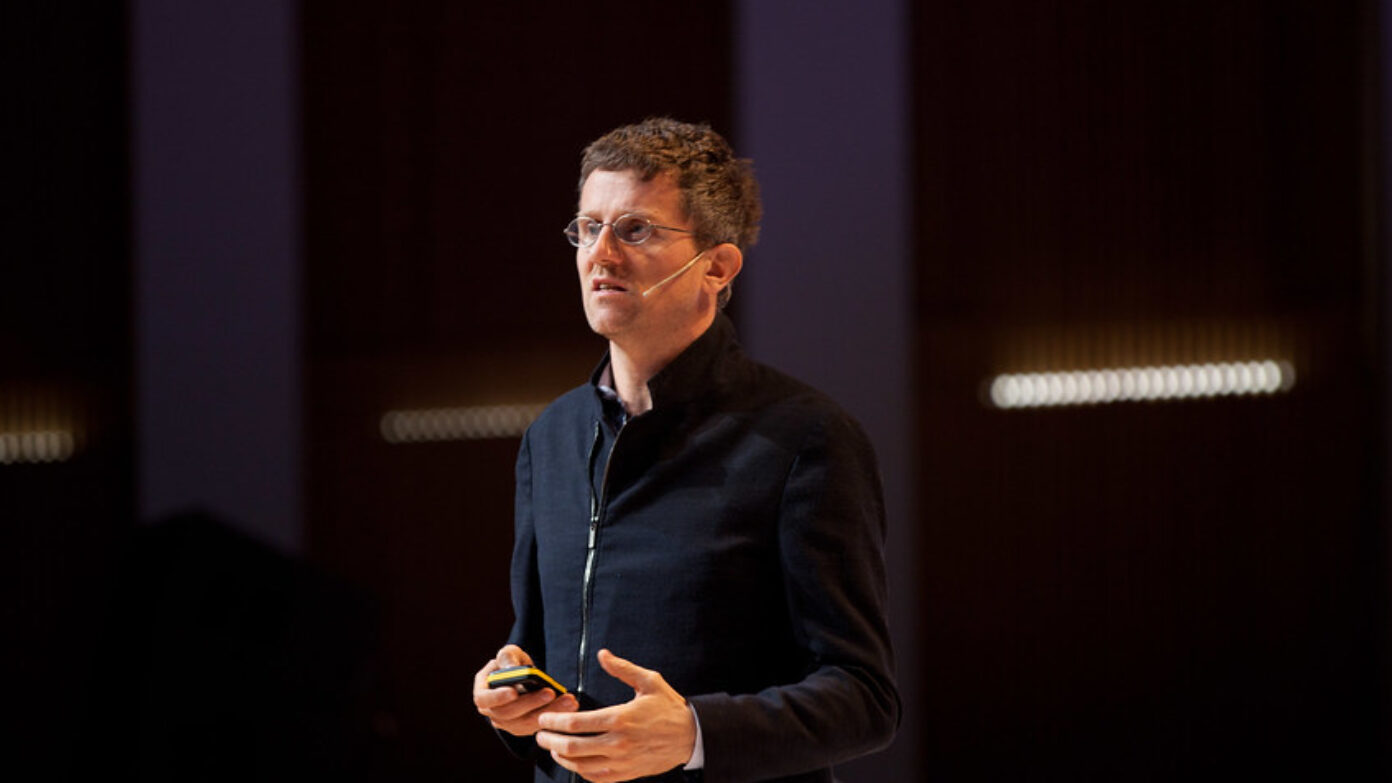You work at Aalto University in Helsinki, considered a university of innovation. What is your involvement in its unique educational process?
My position at the university is as a professor of product design and development. I am an engineer by education, originally coming from the School of Engineering, and product development has been close to my heart for several decades. I have been running project courses around this topic from the beginning—at start mostly for mechanical engineering students. However, in the late 1990s, by happy coincidence, another professor at the university I was working at, the University of Art and Design, asked me if his design students could join my course. That turned out to be a successful experiment, and ever since we have tried to encourage an integration of engineering and design students. In pursuing this approach, by observing the type of challenges or problems that students faced, we saw the contradiction between the expectations and demands of students and the resources that the university gave them. One philosophy behind the Design Factory is that we have long tried to develop solutions for problems that we have discovered. Several rationales for the Innovation University in general were successful programs and courses that did already exist since 1995. IDBM, the International Design Business Management program, was another one. That was a joint program by the three former universities. We were lucky to have experimental level courses and minor programs that were tested. And we had some evidence showing that this type of activity makes sense.
This experiment within the University of Art and Design influenced the rector of the same university to propose the merger of three universities: the University of Art and Design, the University of Technology, and the Helsinki School of Business. The idea of such a merger was originally introduced by Yrjö Sotamaa in 2005, in his opening speech for the academic year. To be honest, I don’t think there were many individuals who really believed that this would ever come to fruition. Yet, to everyone’s surprise, the Ministry of Education and industry leaders were attracted to the idea and made it possible. The leaders of three state universities started the preparations for the merger into the new Aalto University. Still, most people never thought that the universities should merge physically, and, when it started in January 2010, we still had the same three campuses as previously—one in Espoo and two in Helsinki. Then, everything started to move to a single campus, built by the famous architect Alvar Aalto, hence the name of the university. The new university raised a lot of curiosity and meant hosting almost 10,000 visitors each year. I have to admit that I had doubts about this type of merger because they usually end up failing. But I think what made the difference was that Aalto was not aiming at cost savings or any kind of bureaucratic administrative rearrangements. We also had remarkable investment from both the public and private sectors in the country to set up this kind of education.
In Finland, the university has always been part of the state system, so the Ministry of Education is the boss. That said, Aalto was the first university to have a slightly different governance model, as it is managed by the Aalto University Foundation. The foundation raised a remarkable amount of funding at the time of the merger. The amount is in the ballpark of a billion euros today. However, this structure also means that the board is not a collection of Aalto professors. All board members are external. That setup is something really new for a university. Before 2010, there was no university in Finland whose board and director were not chosen from among the university’s professors. This promotes change, self-renewal, and agility.
The term innovation, in general discourse, often repeated by politicians or other leaders, is part of a common belief that interesting things happen at the boundaries of various disciplines. I have a lot of experience in this field, having practiced it with my students. I understand that these are not things that just happen with a snap of the fingers. It can be a very painful process. The term PBL commonly stands for ‘problem-based’ learning or ‘project-based’ learning. What we have also identified here at the Design Factory is a new PBL—passion-based learning. I like this perhaps more than the word ‘innovation,’ because passion describes both sides of the coin. It describes the enthusiasm and commitment as well as the pain, suffering, and inconvenience. And that is exactly what innovation typically entails. The Innovation University was the working title that was used in the beginning, before the name Aalto was established. This was to correspond to the expectations of the leaders of industry as well as the investors.
France is in the middle of Europe. Finland is not. Most of the major industries make more than 80% or 90% of their turnover elsewhere because the Finnish domestic market is next to nothing and Helsinki is just above the 60th parallel north. We are very far from any real center. We can’t compete with cheap labor costs. We have no oil. The only thing that can help us be internationally competitive is innovation, based on good education, and the ability to do things in a unique twisted way. The challenges of our economy and the challenges for our companies in Finland are not the same as in many bigger countries. Our graduates must be able to compete with graduates from famous universities in the United States, Korea, France, and elsewhere.
But how is this possible? By working harder? Students in China or Korea may work even harder. Is it a question of talent? I don’t think so as, by definition, talent is something that only a minor percentage of the population has. The only way forward is to do things a bit differently and be better at avoiding waste, for example—material waste, human resource waste, and waste of money. Interdisciplinary work and learning to respect others through teamwork are important methods, which take away the forms of fear that can hamper innovation—the fear of saying things, even if they are not always positive, and the fear of not being good enough and pretending to be something else than what you really are. This avoids unnecessary waste in any type of organization.

